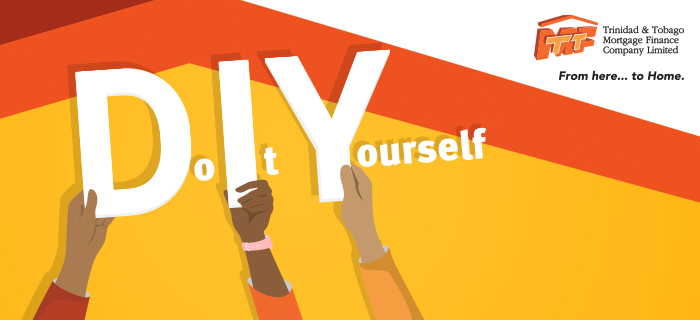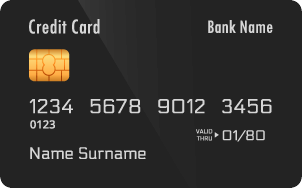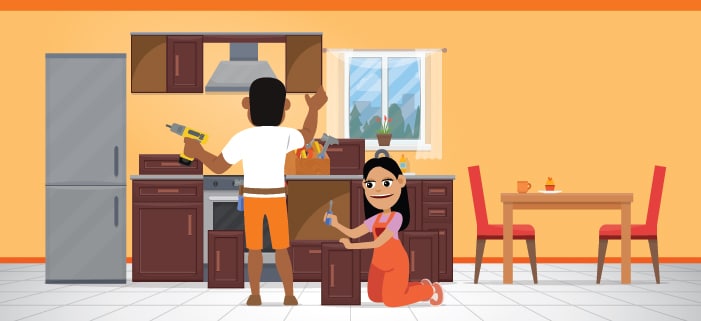You may have promised yourself that this year, 2024, will be your year for buying a home. You may even have said that the most important thing in applying for the mortgage of this home is to focus on saving for your deposit. But really, that thinking can be seen as the most basic knowledge on mortgages and you will end up being ill-prepared and not really knowing how to become mortgage ready.
Not to worry…many things in life work better if you do the groundwork first, and buying a home or land is no different. Obtaining a mortgage for your land or home can be seen as a two-step process: First you begin with being pre-approved or pre-qualified for a mortgage and then you move onto the actual mortgage application process.
Pre-approval or pre-qualification is a preliminary evaluation of a potential borrower by a lender to determine whether they can qualify for a mortgage. It is the first step in the mortgage process, where a lender may check basic information like your age, income and existing financial commitments.
This Pre-Approval or Pre-qualification is not a binding agreement, however. It is simply something you can use to gauge your buying capability.
For example, we have a Pre-Qualification exercise which analyses your financial information to help you determine the amount of money you can borrow, your interest rate and your monthly payment. At TTMB, your pre-qualification process will usually provide you with a Pre-Qualification Certificate at the end, which tells you everything you need to know and the amount you can borrow…in advance.
But after you are pre-qualified or pre-approved, your next step is to identify the property that you wish to purchase within your prequalification amount to begin the mortgage application process. This is an in-depth process that goes deep…all the way to eventually having an offer of financing from the lender.
But understand this: although you have pre-qualified or been pre-approved and might be deciding to move to the second stage – the mortgage application stage – you could run into problems, which you must stay away from:
1. Your Monthly Expenditure
Making any big life changes, changing careers or switching jobs could put your financial capabilities in question. Also, can you really afford a mortgage, if you are to add the new responsibilities of property tax, utility bills, travel costs and any other regular payments alongside groceries and savings? Some adjustments will need to be made…
2. Your spending habits
Taking out any new debts, big spending or big purchases can damage your chances of being accepted for a mortgage. Some yellow-flag spending habits are entertainment, expensive holidays and luxury items which appear to be beyond your means.







